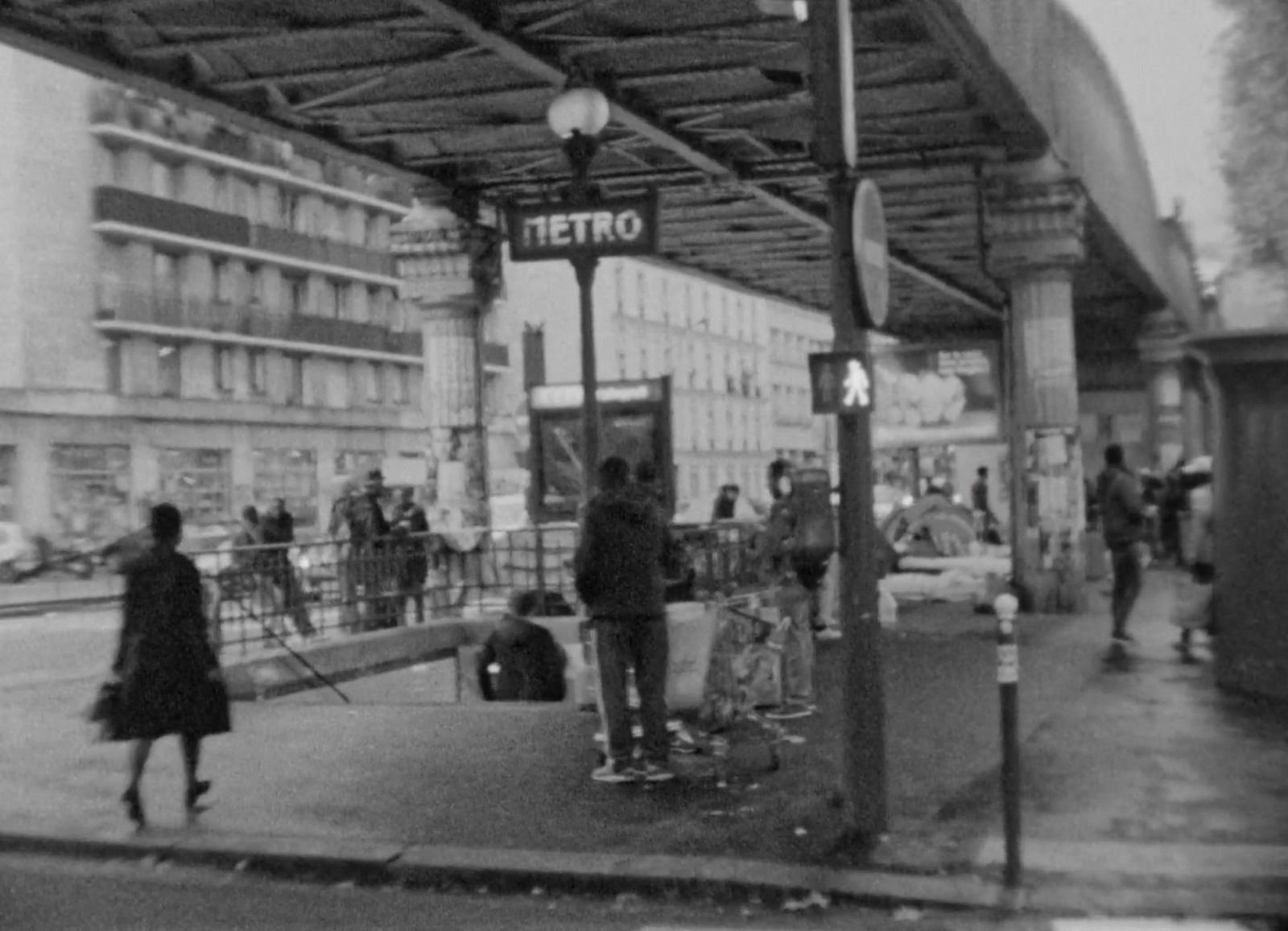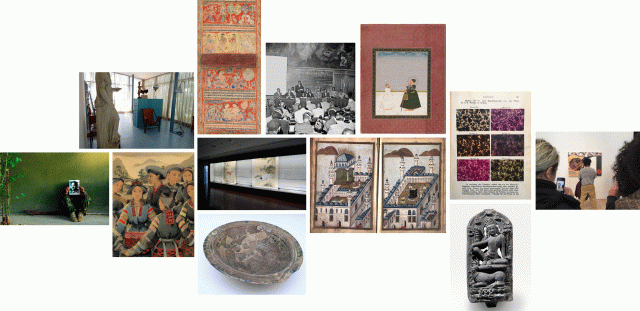Art Histories Seminar
Daniel Horn: Porte dorée, Ghetto dorée, L'or fétiche. African Presence and Being in Postwar Paris, c. 1950

Artur Zmijewski, Glimpse (2017), still from single-channel video.
In liberated Paris during the late 1940s, the arts and artifacts sourced from the African colonies were no longer merely "primitive". Rather, they continued to derive their aesthetic, scientistic and commercial pull from giving shape to the fossilized epitomes of a recycled and revised spectrum of alterity for contemporaneous yet increasingly antithetical judgements, politics, attitudes, inspirations and milieus, where neo- as much as anti-négritudes would become enmeshed with the arguable "anti-culturalism" of a burgeoning art brut. As the (in)famous dealer and connoisseur Charles Ratton would postulate regarding the Ashanti Gold objects in the pages of Présence Africaine, the journal and publishing house founded in Paris in 1947 by the Senegalese writer Alioune Diop: "Nothing is left to fantasy or chance by those whom we call primitives". Taking the founding decade of Présence Africaine as an urban backdrop, living archive and case study, the talk revisits and delineates the socio-aesthetic and colonial debates around autonomy, agency, hierarchy, restitution and cultural appropriation specific not only to the journal's output but to its lasting import within the volatile discourse of Western visual culture, heritage and convictions.
Daniel Horn is an art historian and an assistant curator at the Museum Rietberg in Zurich where he is co-editing and writing for the catalogue accompanying the forthcoming exhibition on mirrors (2019). He received his PhD in art theory from the Academy of Fine Arts Vienna. A regular contributor to Artforum, his writing has further been published in Texte zur Kunst, Springerin, e-flux/art-agenda and Frieze, and in various exhibition catalogues and monographs.
17. Dezember 2018, 17:00 Uhr
Forum Transregionale Studien
Wallotstr. 14
14193 Berlin
www.forum-transregionale-studien.de
Hinweis
Diese Veranstaltung wird durch Fotografien und/oder Videoaufnahmen dokumentiert. Falls es nicht Ihre Zustimmung findet, dass das Kunsthistorische Institut in Florenz Aufnahmen, auf denen Sie erkennbar abgebildet sein könnten, für die Veranstaltungsdokumentation und Öffentlichkeitsarbeit (z.B. Social Media) verwendet, bitten wir um eine entsprechende Rückmeldung.



